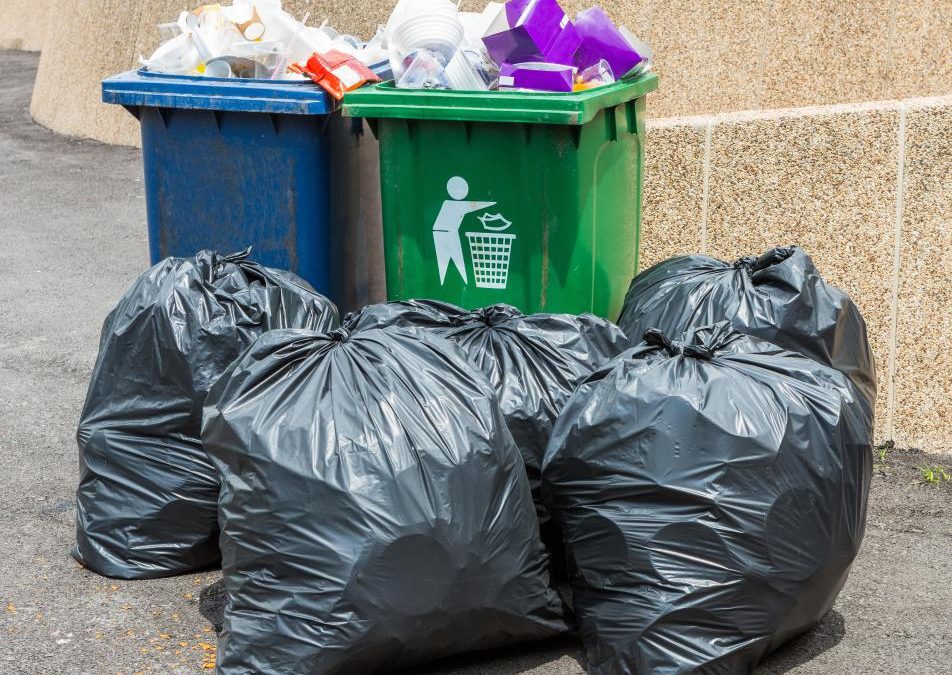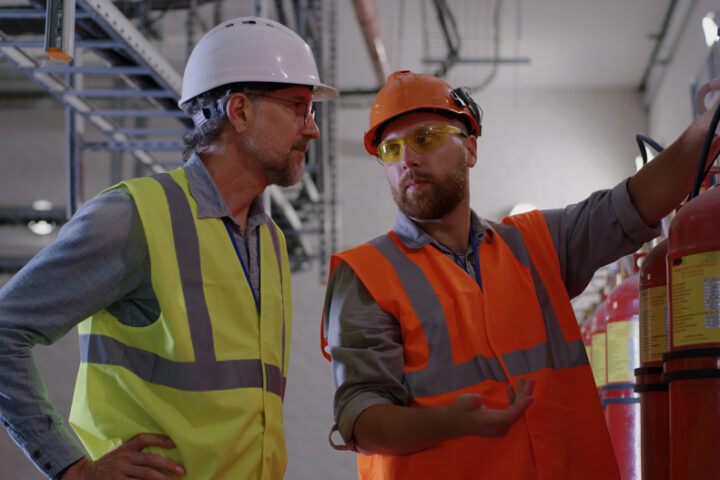Reducing waste isn’t just about saving money; it’s about adopting practices that benefit the environment and align with your ESG strategy. Whether you run a bustling office, retail store or manufacturing site, consider these practical steps to minimise yours and boost efficiency.
Start With A Waste Audit
Before you can tackle the problem, you need to understand where your waste comes from. A waste audit is a straightforward but effective way to identify what’s being thrown away and key areas you can look to improve in.
Categorise your waste into types – paper, food, plastic, packaging, electronics or anything else relevant to your operations. Once you have the full picture, you’ll spot opportunities to reduce, reuse and recycle more effectively.
Reduce and Reuse Before You Recycle
Recycling is essential, but reducing and reusing materials should come first. For example, a simple change could be encouraging staff to use reusable coffee cups and water bottles instead of disposable ones.
Assess your supply chain for opportunities to cut unnecessary packaging, and switch to sustainable alternatives like compostable or recycled materials. If your business relies on shipping items, consider using durable packaging that can be reused or returned (or recycled at the very least).
For extra storage or office space, you might want to use shipping containers. It’s a creative way to reduce waste while giving something a second life. When it comes to office supplies, think about reusables such as refillable pens, washable containers and reconditioned equipment.
Rethink Your Processes and Procurement
Waste reduction often begins with smarter purchasing decisions. Buying in bulk can minimise packaging, but be careful not to buy too many perishables that won’t be used in time.
When choosing suppliers, find companies that use minimal, eco-friendly wrapping. It may cost slightly more, but it’s worth it for doing your bit for the environment. Try to switch to digital documentation and billing where possible, too. This helps to cut down on paper usage – an easy win for many businesses.
For manufacturing or production operations, optimising your processes can avoid surplus material and energy usage. This could mean reusing off-cuts or finding ways to sell scrap materials to businesses that can repurpose them. There’s a use for almost any byproduct these days.
Make Recycling Effortless For Your Team
If recycling feels like a hassle, people won’t do it. Place clear, well-labelled bins around your workplace to make recycling second nature. Different bins for paper, plastics and glass ensure everything ends up in the right place.
Partner with a local recycling firm that can handle the more challenging items, like electronics or hazardous materials, responsibly.
Engage and Educate Your Staff
Your team will play a key role in reducing waste, so bring them on board. Offer sustainability training and highlight the benefits of reducing, reusing and recycling for both the planet and your organisation’s bottom line.
Set clear goals and celebrate milestones. What could your business aim for this year?







